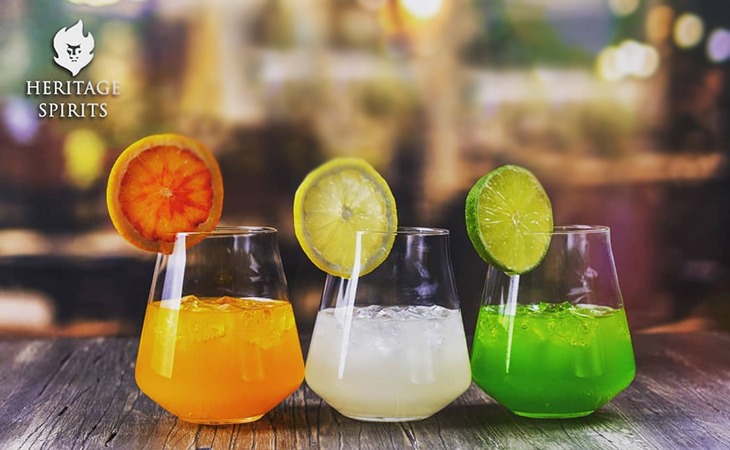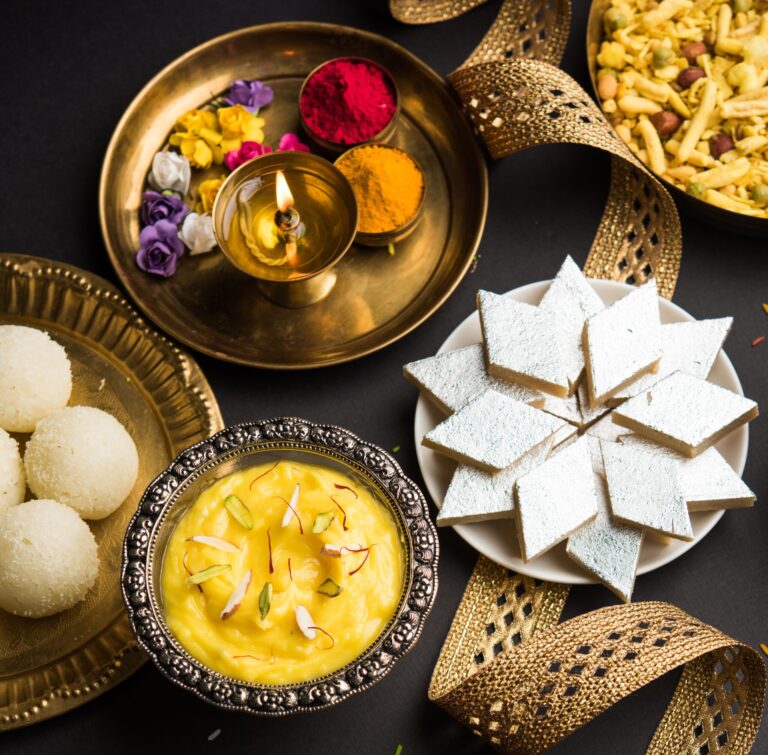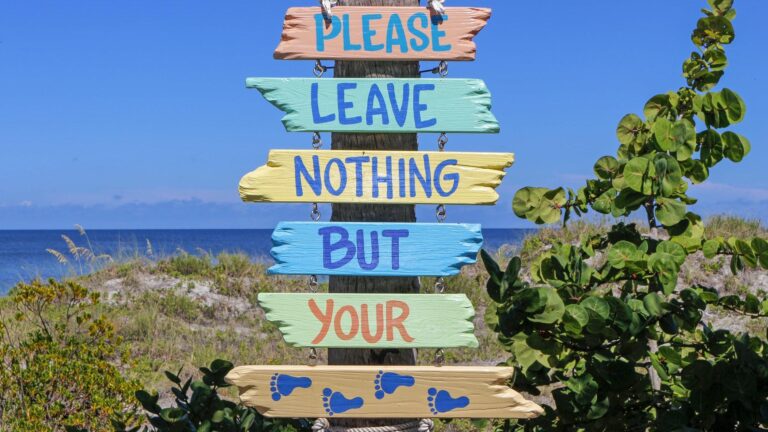Heritage Spirits has taken Goan feni to the world with KAFI Feni, handcrafted in the traditional process from naturally harvested cashew fruits that are fermented and double distilled in copper pots in small batches.
Why did Heritage Spirits want to go global with feni? How did they do it? What are the hard-learned lessons?
Read the story from founder, Vrushab Habib who comes from a family of distillers in Goa!
Cultural Heritage and Branded Spirits
I was always fascinated with the geographic origin of the brands that have made a significant impact in the world of spirits. These brands represent the culture of a place. For example, scotch and tequila portray the heritage of Scotland and Mexico respectively.
We have many heritage spirits indigenous to India, including feni. However, feni is exceptional since it already has a Geographical Indication (GI) tag to Goa.
Motivation to Take Feni to the World
Belonging to a family of distillers whose three generations have been in the alcohol business, I inherited the knowledge of alcohol and business. Feni has been an integral part of our business. However, till recently, feni was only a family-owned small operation catering to the local market as cheap liquor, with no standardization or Research & Development.
When a friend from the US visited me, I offered him our feni as part of our culture and explained that it was restricted alcohol available only in Goa.
”A crude version of Vodka!” he remarked, smacking his lips. It dawned on us that feni, made in a cottage industry with non-standardized practices, satisfied only the Goan market.
Though feni was popular among Goa’s foreign tourists, it had remained a souvenir product, rather than being a mainstream offering.
I decided to standardize and re-introduce feni in the market.
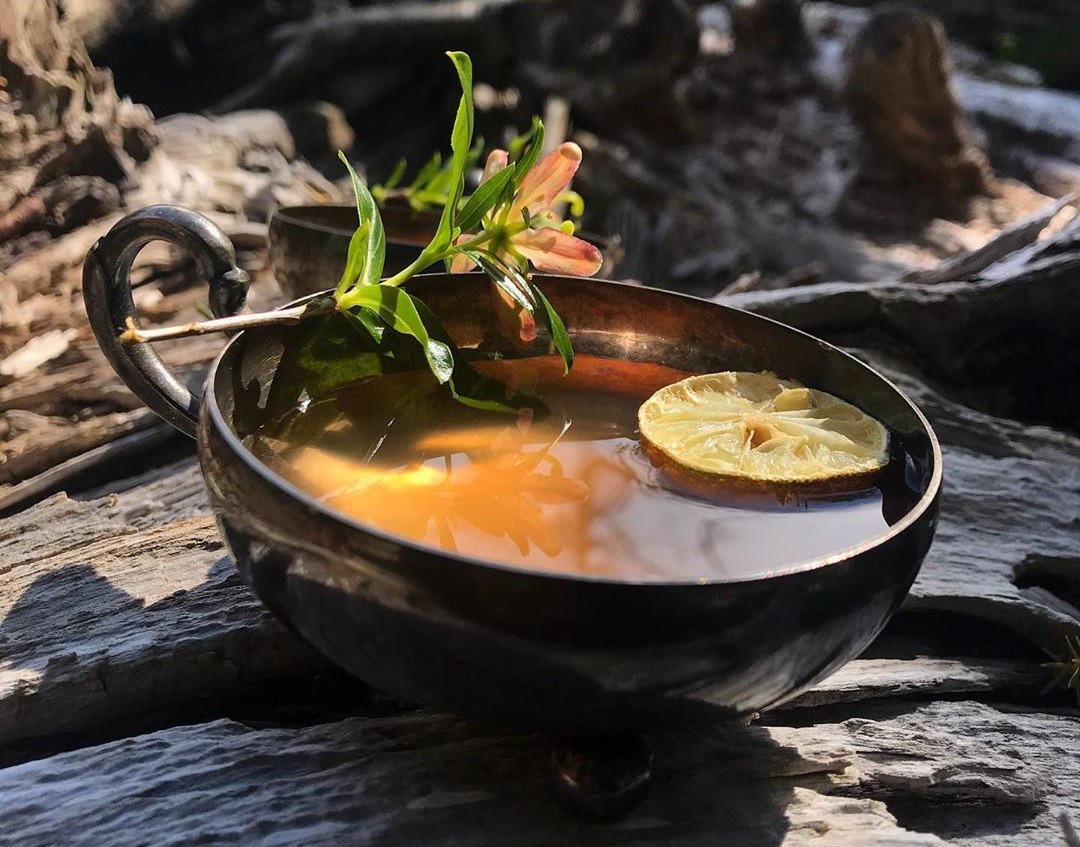
Standardizing Feni with Heritage Spirits
First, we built a team to start the journey of taking feni to the world. We started Heritage Spirits in association with Cazcar for KAFI, our brand for feni.
However, before we could start up, these basic questions had to be addressed.
- What was holding feni back in the international market?
- What were the quality standards necessary to export feni to the USA and Europe?
- How to make the taste of feni palatable to international consumers?
Challenges Faced and Overcome
1. Making feni authentic yet global
Feni has always been a local liquor and while we wanted to remove the localness from it, we also wanted to ensure the authenticity of the drink was not lost.
2. Meeting FDA standards
To launch any product in the US market, the entire facility and the distillation process must meet FDA standards, which is one of the best standards in the world. This meant the entire process had to be redesigned to adhere to best practices, from hygiene to equipment.
It’s difficult to get FDA approval for such unique products, and it took us almost a year.
3. Product development
We had to rethink our offering. What flavors would be palatable to our US customers?
We had to also change our existing processes and figure out solutions for them, without losing the authenticity or the traditional process of distillation.
To understand the acceptability of the product, we sampled and tested the end product in several bars & restaurants in NYC and built a feedback mechanism. It was an expensive and tedious process to understand the market and then to establish a shelf space.
It was also difficult to identify the market segment. Our initial thoughts were far from reality!
4. Go-To-Market
When we finally decided to launch feni, we realized that we had to give the distributors some samples for them to consider for their portfolio.
Without any distributors representing our product and with no data on demand, it didn’t make much sense to ship to the US. And so, we were stuck in a chicken and egg scenario for a while.
We then had to take a leap of faith in the work we had put in for almost 3 years to improvise our product and took the drastic step of shipping a container to the US! We used service providers, who usually only accept tested products, as importers.
We did not have any confirmed distributors for almost 8 months! That didn’t stop us from contacting multiple distributors to try out our product, especially in regions with a significant presence of Indian diaspora.
And we finally launched our product in Texas!
Fighting Preconceived Notions
We assumed that taking feni to the Indian diaspora was the right strategy. However, the preconceived notion among Indians about feni threw us off!
Feni was only thought of as a cheap country liquor! The Indians in the US couldn’t wrap their heads around the possibility of a superior form of feni, even after the fact that it was tested and approved by all quality control bodies of the US.
On the other hand, we also had feni enthusiasts who loved our product and wanted to support Indian-origin products. This response was encouraging and overall, our launch in Texas did well.
With this understanding of reality, we shifted our focus from Indians to native Americans who loved the uniqueness and freshness of the drink. We engaged mixologists and created cocktails by the best in the market. This approach gave us access to few other major states in the US.
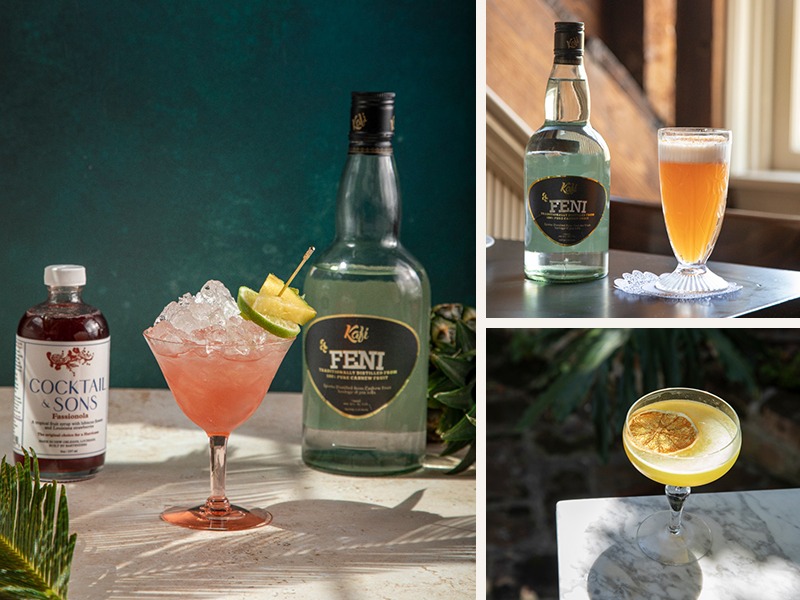
Where Do We Sell?
Heritage Spirits operates completely outside India. Feni has gained a huge market in a short duration and the growth is better than expected.
KAFI feni is available in Texas, Washington DC, Delaware, Virginia, Maryland, Louisiana.
It will soon be in New York/New Jersey, Washington State, Pennsylvania, Georgia, California.
Our next target market is the EU. We have planned to introduce KAFI feni in the Netherlands and Germany during the 3rd quarter of 2021.
KAFI Products
We currently have four products:
- Kafi Feni, a heritage brew, produced from a traditional method of distilling cashew apple juice called ‘Neero’
- Kafi Launi, an indigenous drink that is distilled in a traditionally designed clay pot called Launi
- Kafi Spice, from naturally harvested hand-picked cashew apples
- Feni Freezer, a pre-mixed cocktail in three distinct flavors – Cranberry, Orange, Lemon
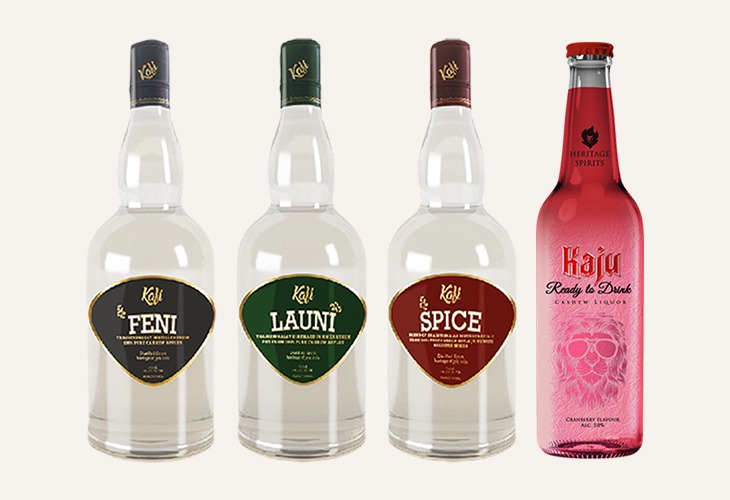
Taking an Alcobev Brand Global
Building an alcobev brand is difficult and the long-term investment options are not exciting for investors as well as for entrepreneurs in today’s era. We must accept that our business will not be a profitable business proposition in the short term.
It is not easy being compared with cash-burning tech start-ups that are valued in millions of dollars in short periods of time. In contrast, we are an organically growing and positive revenue-generating business model.
Bottom line: It takes a lot of time and effort to build acceptance in a new market.
Importance of Narrative Building
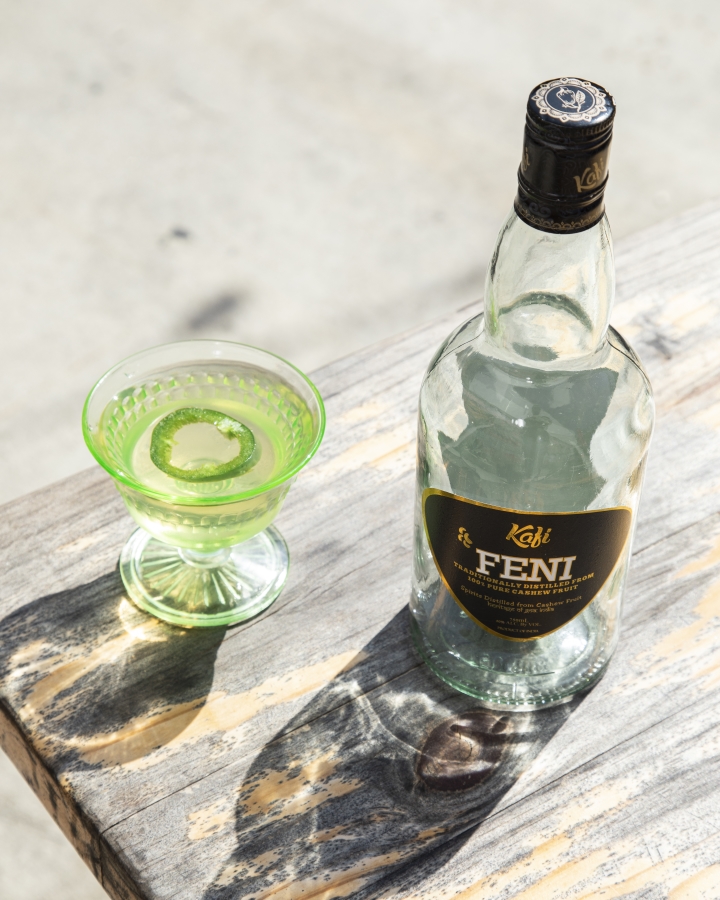
International consumers are actively looking for new and exotic good quality spirits that have a great story and a constant supply – largely to enhance existing cocktails or help make exciting new ones.
It is important to know our audience – who they are, what they do, what they like, what inspires them! Knowing them is what helps in building a product that they will like.
Our learning curve has been steep but steady. We have come a long way from being the local Indian liquor to a widely accepted spirit in the US.
Our most important lesson yet: It is not a viable option to only target the Indian diaspora in international markets. While this group can be a bonus, it cannot be the main target audience.
Why is Feni Restricted to Goa in India
- The Indian laws do not support indigenous spirits. Designated as ‘Country Liquor’ keeps feni local to Goa.
- Secondly, there is no thrust towards building a premium segment of indigenous spirits for the domestic market.
- Thirdly, the preconceived notion is that “country liquors” are low quality and unhygienically distilled alcohols. Automatically, customers are inclined towards Indian-made foreign liquor (IMFL) brands.
Though the perception of some indigenous spirits has changed recently, feni is still in need of an image makeover in India. Its big plus of being naturally distilled with no additives is yet to be showcased.
Fundraising
Fundraising was a major concern for our company. Local investors were not comfortable with the idea of indigenous spirits. There were times when we almost thought of closing down but innovative ideas and efforts somehow made up for the lack of funds.
Every time we tried to raise a round, our proposal for long-term consistent returns was not attractive among the many technology start-ups that promised multiple X times returns in the same duration and an exit plan. We did not shift our focus and vision to accommodate an investor with short-term expectations.
I am content with the fact that we are largely a bootstrapped company with the involvement and financial support from family and friends.
Our Team
The fate of any company is ultimately in the hands of its people. We are blessed to have an effective team. Our strong marketing team in the US has been successful in increasing awareness and reach of feni in multiple states in a short span of time.
We owe a lot to our mentor and associate Mr. Gurudath Bhakta, who has guided us with his vision and experience and helped us with quality production practices. I am extremely grateful to him.
I am thankful to my partner, Mr. Rahul Pawar, who handles the legal & financial aspects and encourages us to be focused on brand building!
Lastly, but most importantly, I am thankful to my father, Mr. Kuber Habib who has instilled immense trust in me and has always supported me in my endeavors.
More on the NICE Resource Center
- Sanjay Anandaram, co-founder NICE, makes a case for more passionate people with an entrepreneurial mindset to make Goan feni, mahua and other desi brews as successful as Scotch whisky or tequila – Calling Feni and Mahua Entrepreneurs: Lessons from Scotch Whisky
- Listen to mahua entrepreneur, Desmond Nazareth, who has re-imagined spirits from tequila to mahua on NICE Conversations – Mahua Going Global with Entrepreneur Desmond Nazareth
———
Calling Cultural Entrepreneurs
Have a cultural enterprise? Tell us what you do. Write to us at namaste@niceorg.in.
To feature your cultural enterprise on NICE Stories, write to me at chitra@niceorg.in.
Images from Heritage Spirits
